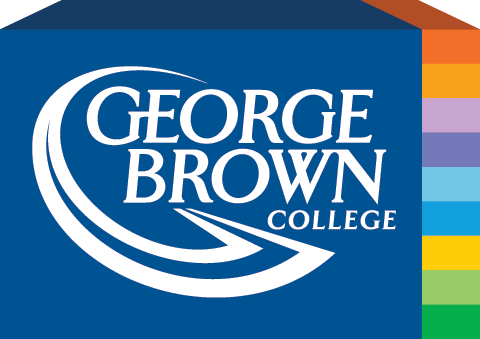
Communicating Across Contexts COMM 2017
Our Communicating Across Contexts course offers you the workspace you need to develop written communication skills for today’s world. Learn to unpack writing by breaking it down into small steps and developing a solid writing routine. Start from the basics of purpose, audience, and context, and investigate what it takes to inform, persuade, or entertain in academic, professional, and public contexts. In the spirit of equity and anti-racism, this writing course engages with texts covering a range of topics that reflect our diverse community.
Note(s)
This course is equivalent to our now discontinued College English courses.
Prerequisites
You must have completed our COMM 1162 Introduction to College Communication course or you must have completed the General English Assessment and score high enough to be assigned to Communicating Across Contexts.
Additional Information
Disclaimer: Continuing Education courses do not have an intersession (reading) week.
Fast-tracking: Want to complete Introduction to College Communication and Communicating Across Contexts in one term? George Brown College offers fast-track sections for COMM 1162 Introduction to College Communication and this course. Each course’s fast-track sections run two nights a week for seven weeks (half a term). This means you can complete both courses in one term – Introduction to College Communication in the first half and Communicating Across Contexts in the second half. Look for the section notes that indicate a “fast-track session.” These fast-track course sections are popular, so register early.
Full Time Equivalent
Hours and Fees
Hours
Fee
Course Sections
This is a fast-track course section.
This is a fast-track course section.
This is a fast-track course section.
This is a fast-track course section.
This is a fast-track course section.
This is a fast-track course section.
This is a fast-track course section.
- Contact Information
- Contact:
- Liberal Studies Department
- Email:
- celiberal@georgebrown.ca
- Phone:
- Office Location(s):
-
- St. James Campus, 193 King St. E., Building G (SJG), third floor
Read about our textbooks policy, and remember that the Continuing Education attendance policy and closure dates differ from those for full-time college programs.



